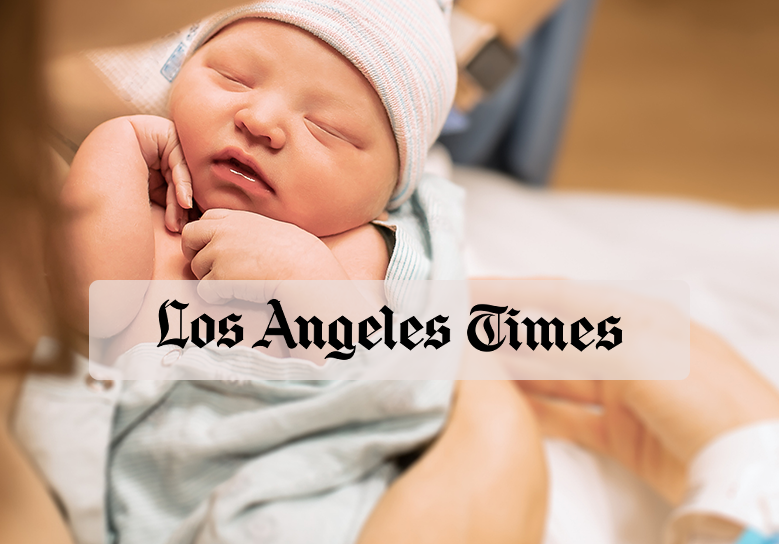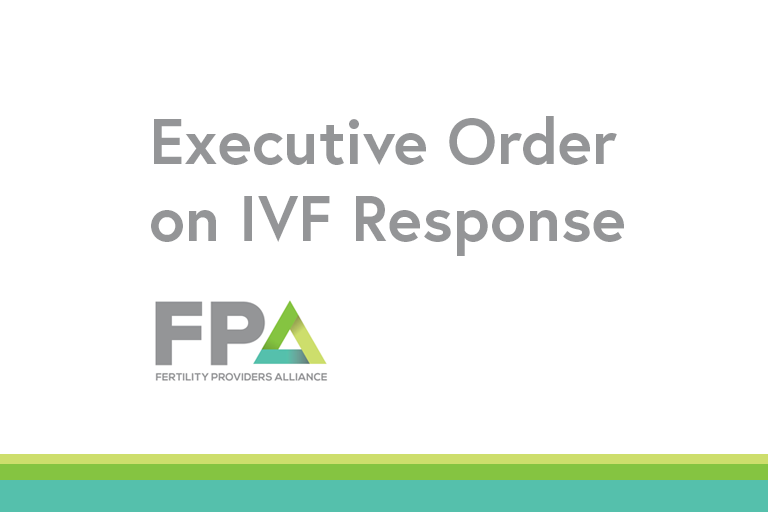A California IVF pioneer marvels at initial outcry
As Louise Brown turns 30 on July 25, Bay Area fertility expert Dr. Donald Galen reflects on fears of the past, hopes of the future
SAN RAMON, CALIFORNIA, (July 21, 2008) – With this month marking the thirtieth birthday of the world’s first “test-tube baby,” one of the Bay Area’s first fertility specialists says that much of the initial ethical worries over the ‘brave new world’ technology has given way to unforeseen developments and medical advancements that few could have predicted over the last three decades – accompanied at the same time by the rise of new ethical and sociological questions.
On July 25, English postal worker Louise Joy Brown celebrates her 30th birthday as the world’s first child born through in vitro fertilization (IVF). With subsequent advancements in embryology technology have come both medical breakthroughs and greater freedoms for individuals to alter their reproductive lives. The combination, said the IVF pioneer, has put his maturing specialty under a wholly different kind of lens than was the case in 1978.
“In the early days I was frequently involved in live televised debates with medical ethicists on the news of that birth,” said Dr. Donald Galen, who began his practice in 1975 and is now surgical and research director of Reproductive Science Center of the Bay Area. Galen was responsible for the nation’s second successful transfer of a previously frozen embryo into a mother’s uterus in 1986 in Walnut Creek.
“The first IVF baby turned the world upside down, and it was terribly exciting. But much of the initial concern about test-tube babies, cloning, and designer babies has been eclipsed by widespread acceptance of the medical benefits of reproductive technology,” Galen said.
“Furthermore, our procedures and quality control are infinitely superior now.” In the early days, what took weeks of testing and diagnosis now takes a few days and seems almost routine, “but it never lacks for miracles.”
During the last few decades, advancements in embryology technology have dramatically improved reproductive medicine with higher success rates and healthier babies. In vitro pregnancy rates continue to soar far beyond those in the first decade of IVF, when most women had a 5 to 10 percent chance of conceiving through IVF. (Today, the national average is better than one in three.) Since 1993, the development of intracytoplasmic sperm injection (ICSI) allowed for the treatment of male factor infertility, and recent forays into donated human eggs and genetic screening have mushroomed in popularity among couples who not long ago would likely have not been candidates for IVF.
“From gender selection of unborn babies to deciding who has rights to be parents, we probably will always face unresolved issues around embryo technology both within the medical community and society at large,” Galen added.
[hoops name=”PR-contact”]






